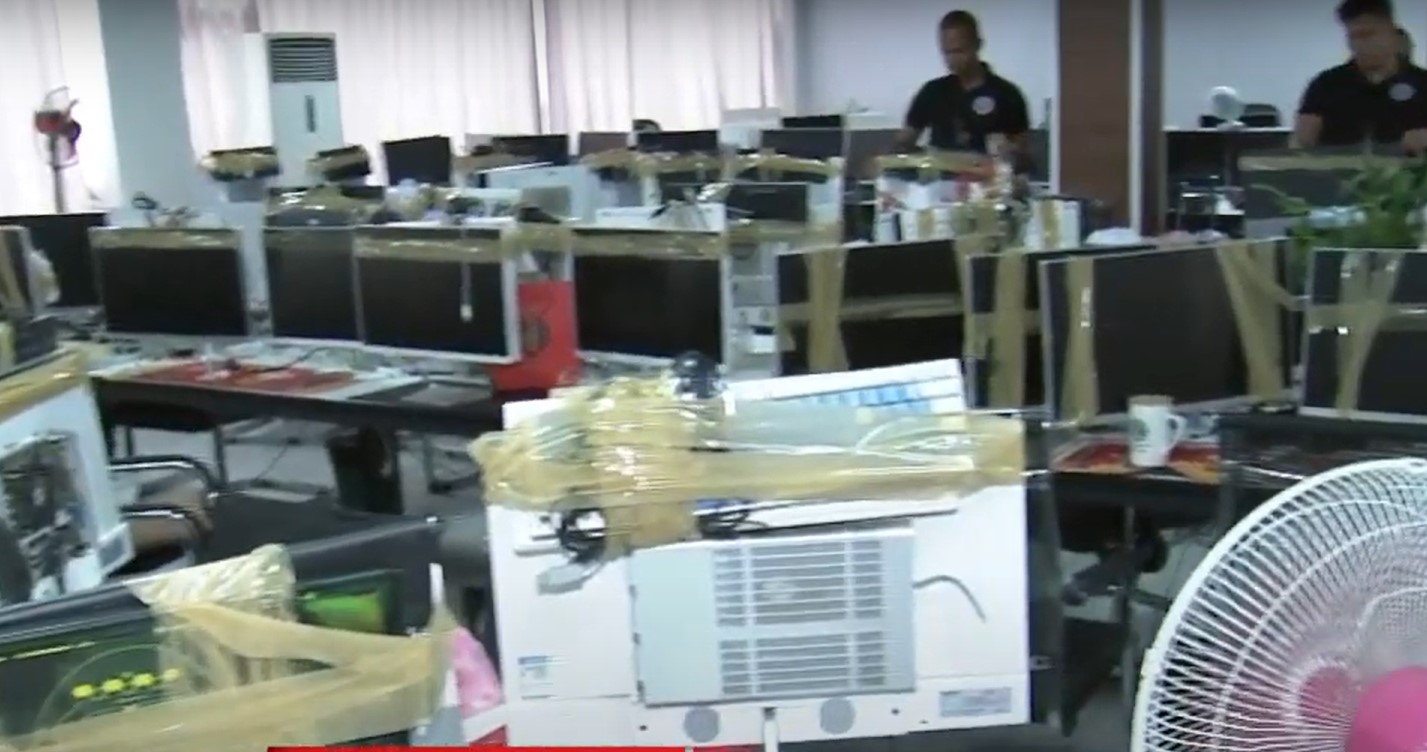Benefits from POGO ban outweigh costs -economic managers

Government economic managers on Tuesday downplayed the economic losses that would result from the total ban on Philippine Offshore Gaming Operators (POGOs) in the country, pointing out that the industry contributed less than 0.5% of the gross domestic product (GDP).
According to National Economic and Development Authority (NEDA) Secretary Arsenio Balisacan, POGOs contributed less than half of 1.0% of the Philippine GDP as of 2022, which would be the estimated loss from banning the industry.
“The benefits of banning POGOs outweigh the cost,” Balisacan said on the sidelines of the Post-SONA Discussions in Pasay City, also noting that the losses would be “very small” compared with the overall economy, while the social and reputational costs are “very high.”
“I think that what I would like to see, [and what] the President would like to see are legitimate businesses, businesses that give good reputation to our country as an investment destination, as a tourist destination, not ones that encourage criminalities, or you know, and related negatives,” he added.
A cost-benefit analysis by the Department of Finance (DOF) showed that the POGO industry had a net cost of P99.52 billion to the Philippines, equivalent to 0.41% of the country’s economy as of 2021.
This comes as POGOs saw a total cost of P265.74 billion to the economy, of which P84.87 billion were direct economic costs — P39.94 billion on the estimated decrease in foreign investments due to crime, P28.62-billion decrease in inbound tourism revenues, P15.42-billion decrease in foreign investments due to corruption perception, and P0.5 billion on additional costs for law enforcement and immigration.
The total indirect economic costs were estimated at P180.67 billion — P111.83-billion on the overall economy multiplier which includes foregone investments due to crime and foregone revenues from tourism, law enforcement, and immigration, and P69.04 billion on the tourism industry.
The DOF did not provide estimates on the social costs brought about by POGOs, which cover loss of life, physical and psychological harm to victims, indirect social fear and anxiety, the transfer of economic power to criminals, and the negative effects of erosion of institutional integrity.
In terms of total benefits, POGOs contributed P166.49 billion. This includes P166.49 billion in direct benefits — P27.80 billion in income from housing space rentals, P5.26 billion from withholding taxes, P4.44 billion from gaming taxes, P3.15 billion in revenues to the Philippine Amusement and Gaming Corp. (PAGCOR).
This also includes P3.09 billion in transportation benefits, P2.98 billion from value-added tax from housing rentals, P2.66 billion from income from office space rentals, P0.52 billion from income taxes, P0.06 billion from business tax, and P0.05 billion in insurance.
Citing data from PAGCOR and the Department of Labor and Employment (DOLE), the DOF found that there were 66,547 POGO employees in the country as of 2023.
The majority of these employees or 41,347 were foreign nationals, while the remaining 25,200 were Filipinos.
Marcos, during his third State of the Nation Address (SONA) on Monday, ordered PAGCOR to wind down operations of POGOs by the end of the year and tasked the DOLE to find job opportunities for workers set to be displaced.
The President cited instances of involvement in scamming, money laundering, prostitution, human trafficking, kidnapping, torture, and murder, as part of his decision to put a halt to the industry.
“It only shows that the President is also sensitive and listening, especially with regard to issues of this nature, crime, aside from inflation, ‘yung criminality,” Recto told reporters in Pasay City.
In the same interview, Recto also said that offshore gaming operators were different from Internet Gaming Licensees (IGL), amid concerns that POGOs may just have secured such licenses to be able to continue to operate.
“I think there’s a difference. ‘Yung POGO is offshore gaming and most of them are done here luring Chinese gamers. Iba naman ‘yung [IGL], I think that’s domestic. That’s more domestic, 'di ba (right)? I don’t think they’re POGOs. That’s the difference,” he added. — DVM, GMA Integrated News




